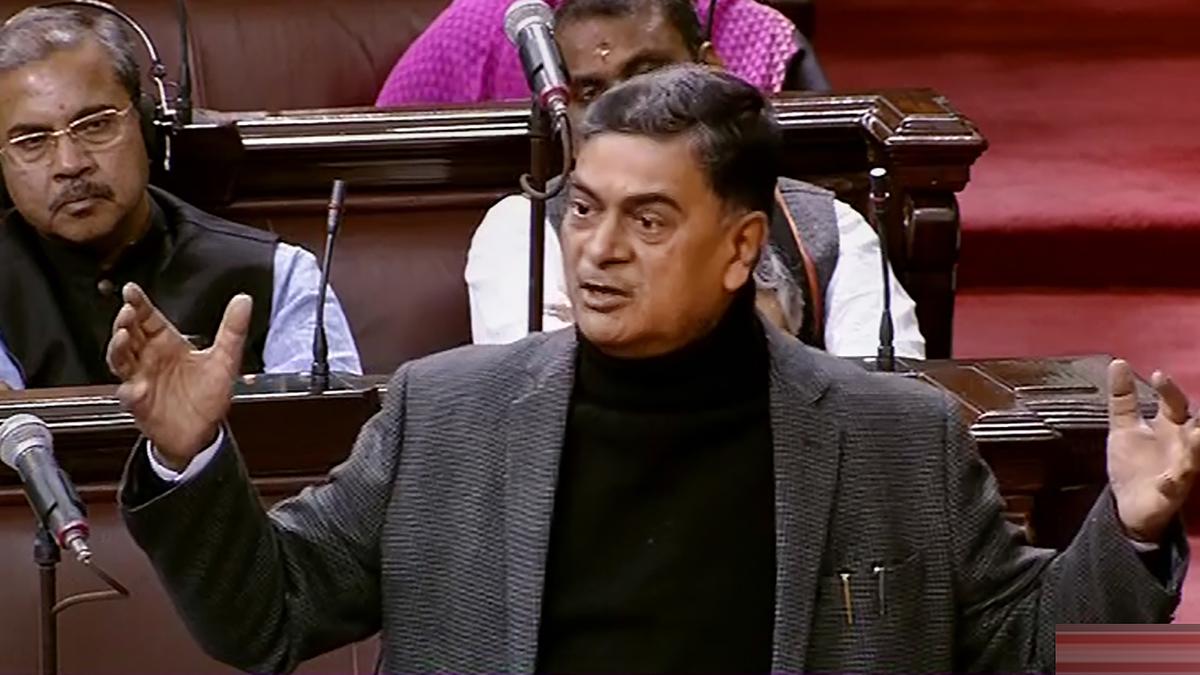New Delhi, December 14, 2022: The Rajya Sabha has passed the Energy Conservation (Amendment) Bill, clearing the decks for “mandate use of non-fossil sources” and further strengthening Government of India's resolve to transition into a renewable energy economy, and to meet the country's COP 26 goals.
Already passed by the Lok Sabha in August this year, The Energy Conservation (Amendment) Bill, 2022, got the final nod from the upper house of the parliament too on December 12, 2022.
The Bill amends the Energy Conservation Act, 2001, which provides a framework for regulating energy consumption and promoting energy efficiency and energy conservation. The new law will now empower the central government to specify energy consumption standards and carbon credit trading schemes. The central government or its authorised agency can now issue carbon credit certificates to entities registered and compliant to the scheme.
Replying to a debate on the Bill, Power Minister R.K. Singh termed the Bill as futuristic and said it would give an impetus to India’s efforts to go for greener sources of energy including green hydrogen, green ammonia, biomass and ethanol for energy and feedstock and establish carbon markets in the country.
Carbon credit trading's main aim is to reduce carbon emissions and, hence, address climate change. To accelerate efforts, the Bureau of Energy Efficiency has been set up to recommend regulations and standards for energy consumption, which apply to appliances, vehicles, industrial and commercial establishments and buildings. Further, entities can buy carbon credits that emit more than the specified amount.
The Bill adds that the government may require designated consumers to meet a minimum share of energy consumption from non-fossil sources. These include mining, steel, cement, textile, chemicals, and petrochemicals, Railways, and commercial buildings. Failure to meet compliance will attract a penalty of up to ₹ 10 lakh and an additional penalty of up to twice the price of oil equivalent of energy consumed above the prescribed value.
As far as prescribing energy conservation code for buildings, it will apply to both commercial and residential areas with a connected load of 100 kilowatt or above. However, the Bill empowers state governments to lower load thresholds.
The Bill also expands the scope of regulating standards for vehicles (as defined under the Motor Vehicles Act, 1988), and vessels including ships and boats. In case of non-compliance, vehicle manufacturers will be charged a sum of ₹50,000 per units sold, and vessels will have to pay a fine of upto ₹10 lakh.
The Ministry of Power is the central agency which will regulate the carbon credit trading scheme, and the Bureau of Energy Efficiency will be its implementation channel. However, the Act does not specify which regulatory body will manage the trading of carbon credit certificates.
The new Act will definitely pave the way to reach India's COP-26 energy efficiency goals that include:
(a) Reduction of carbon emissions by one billion tonnes by 2030
(b) Reducing carbon intensity of the economy by 45 per cent by 2030 over its 2005 level
(c) Building 500 GW of non-fossil energy capacity
(d) Meeting 50 per cent of its energy requirements from renewable energy sources by 2030.


















.jpg)


